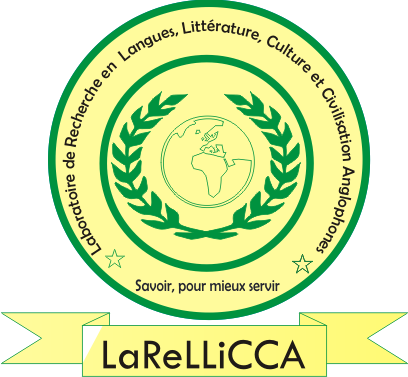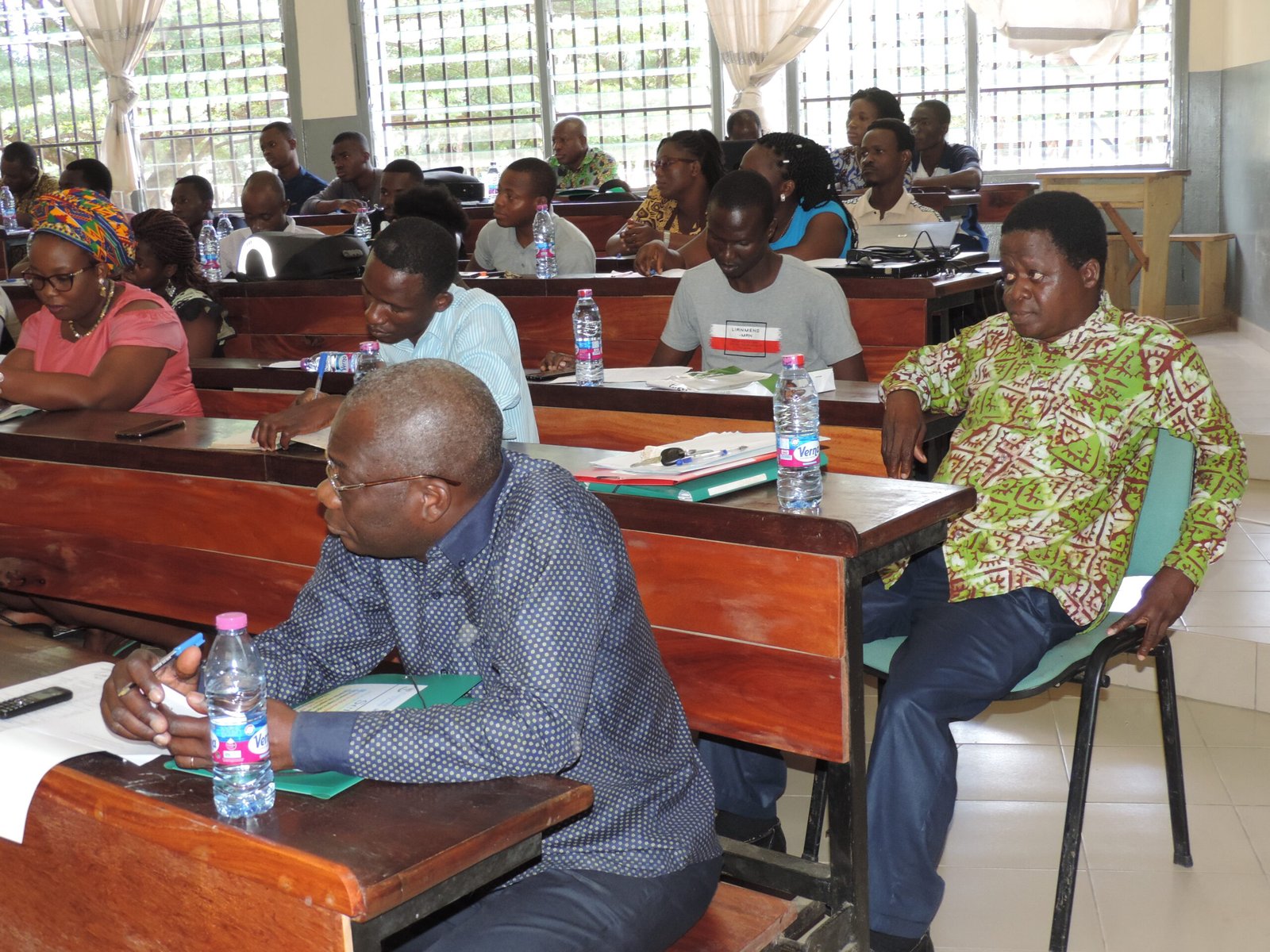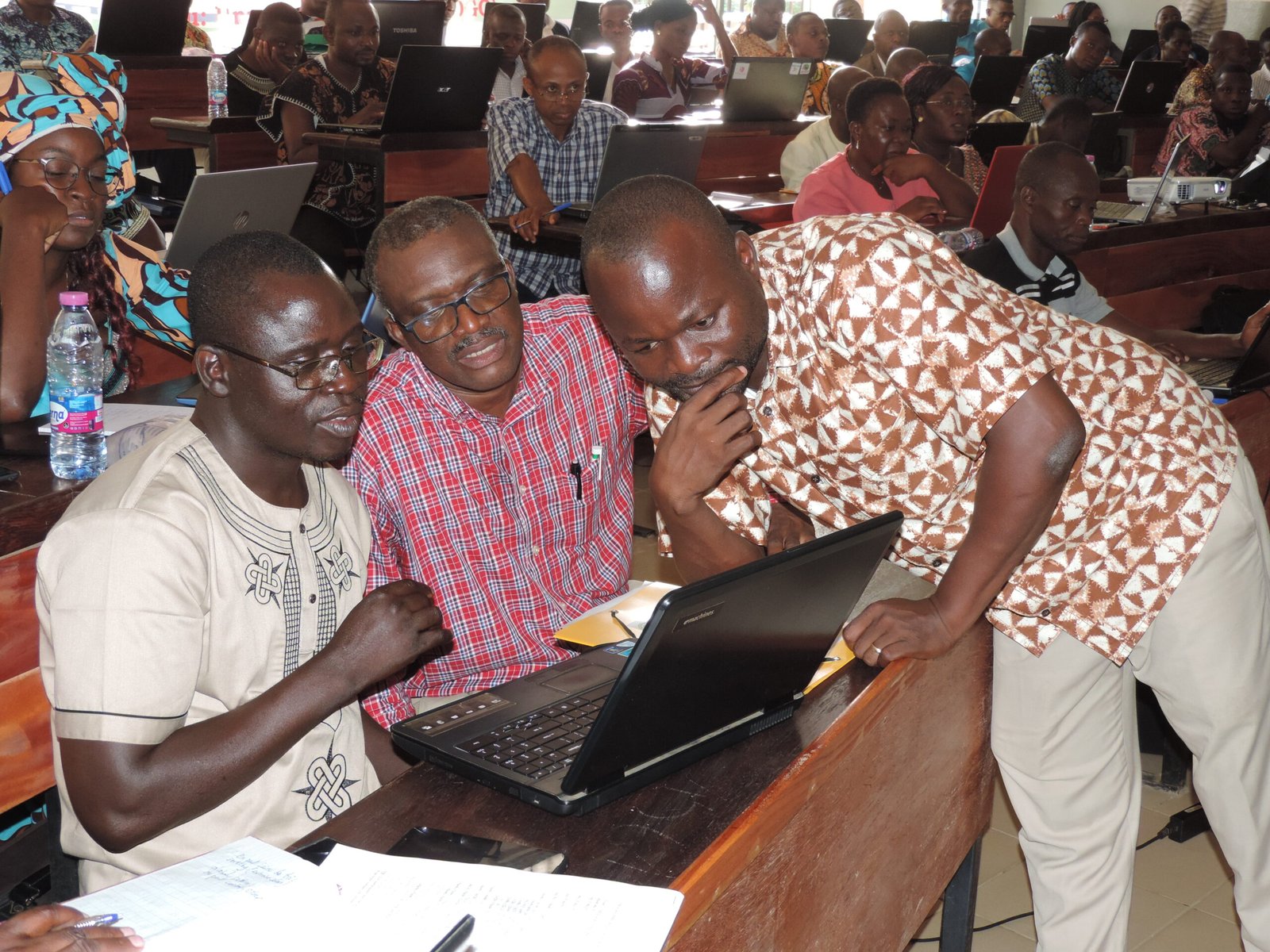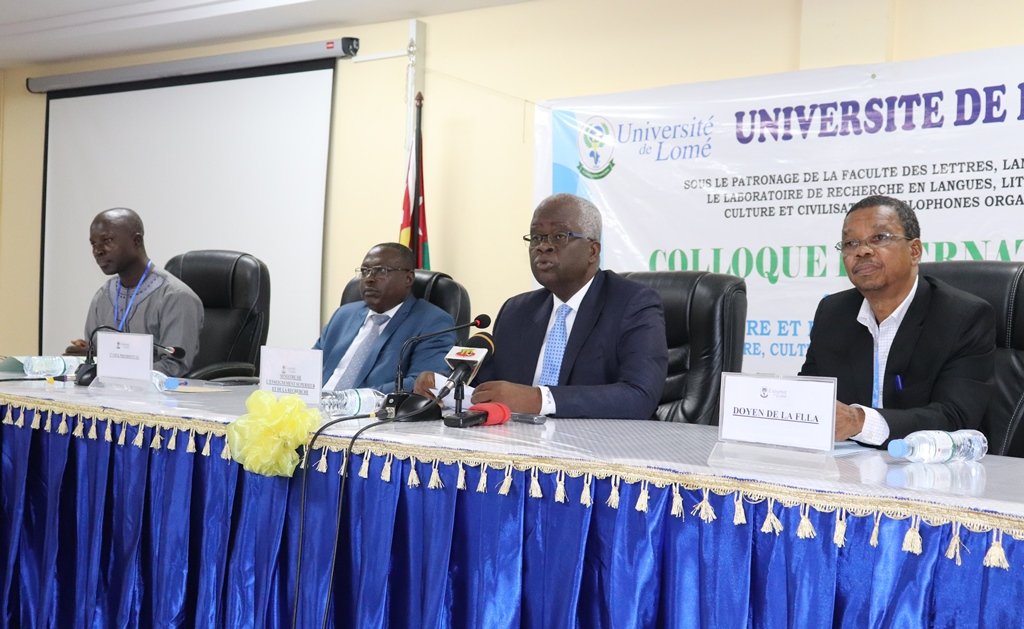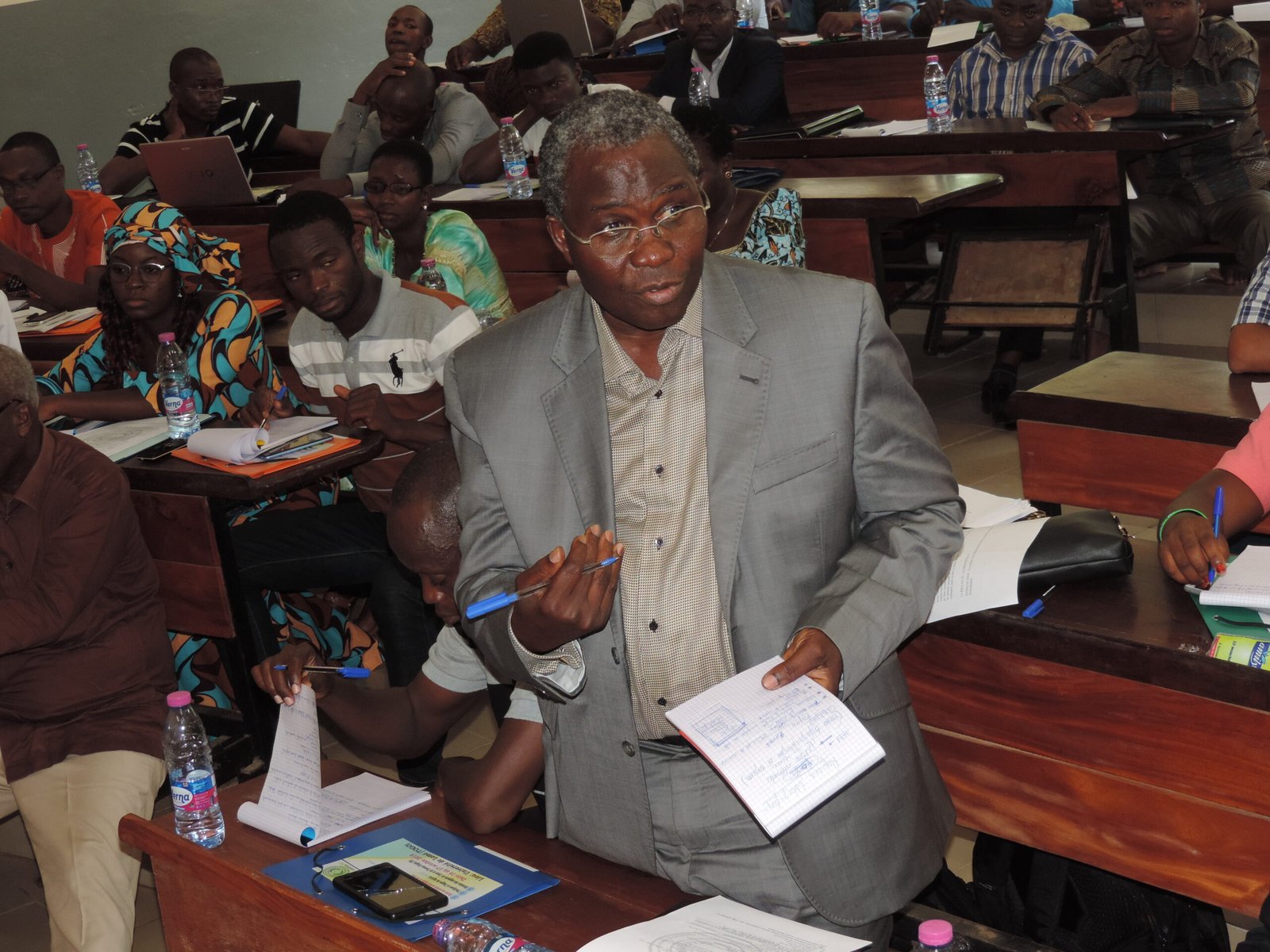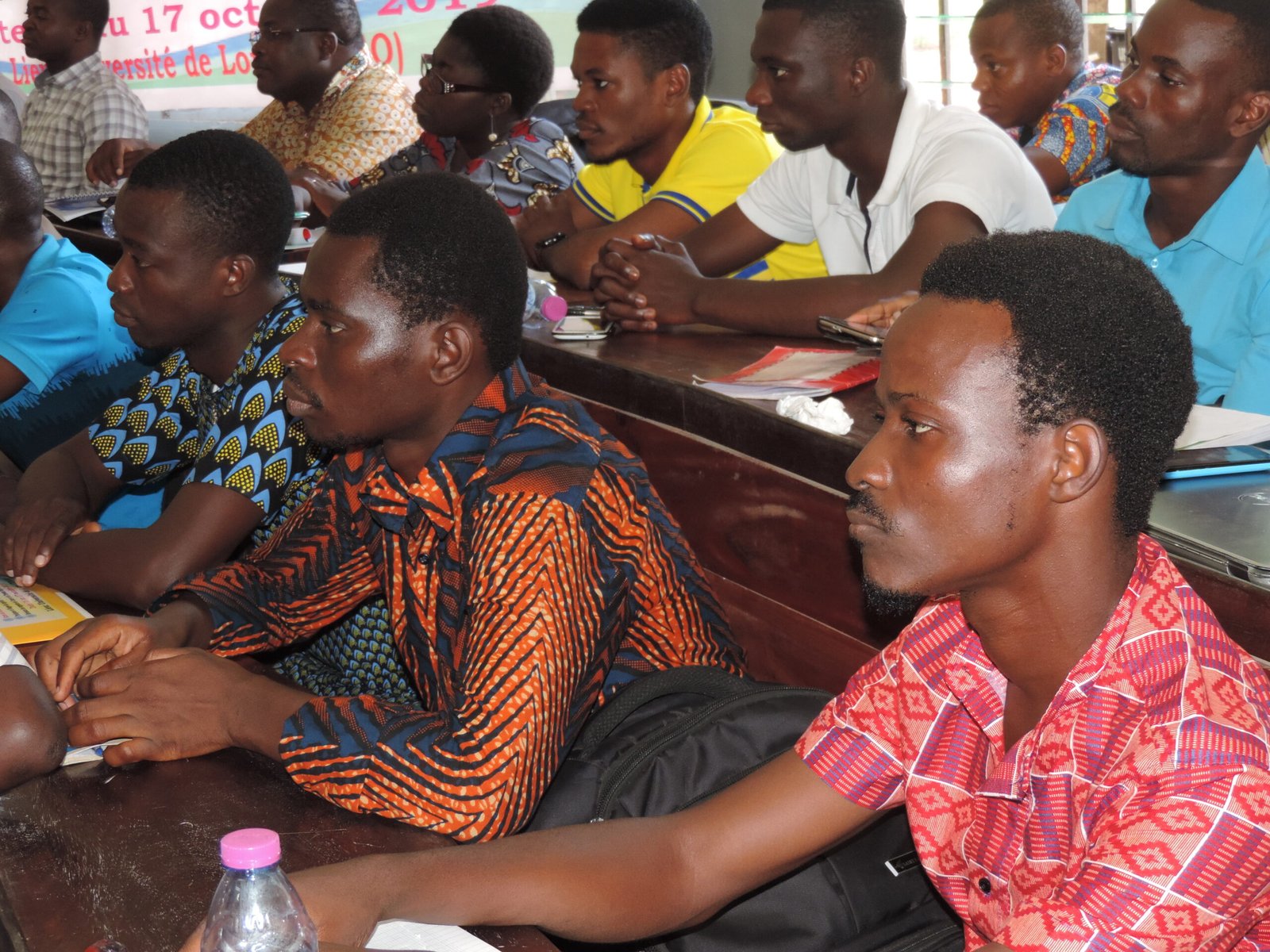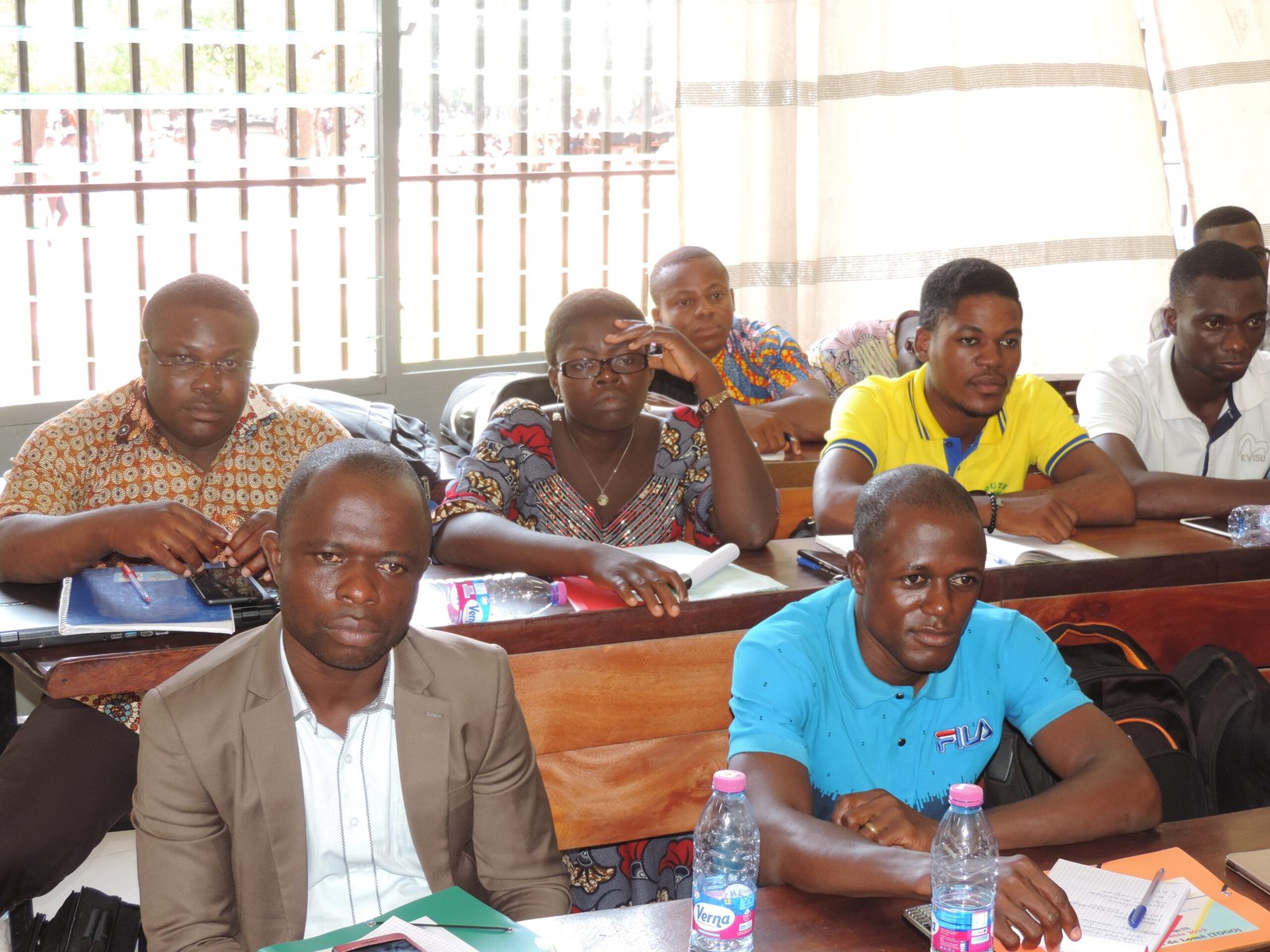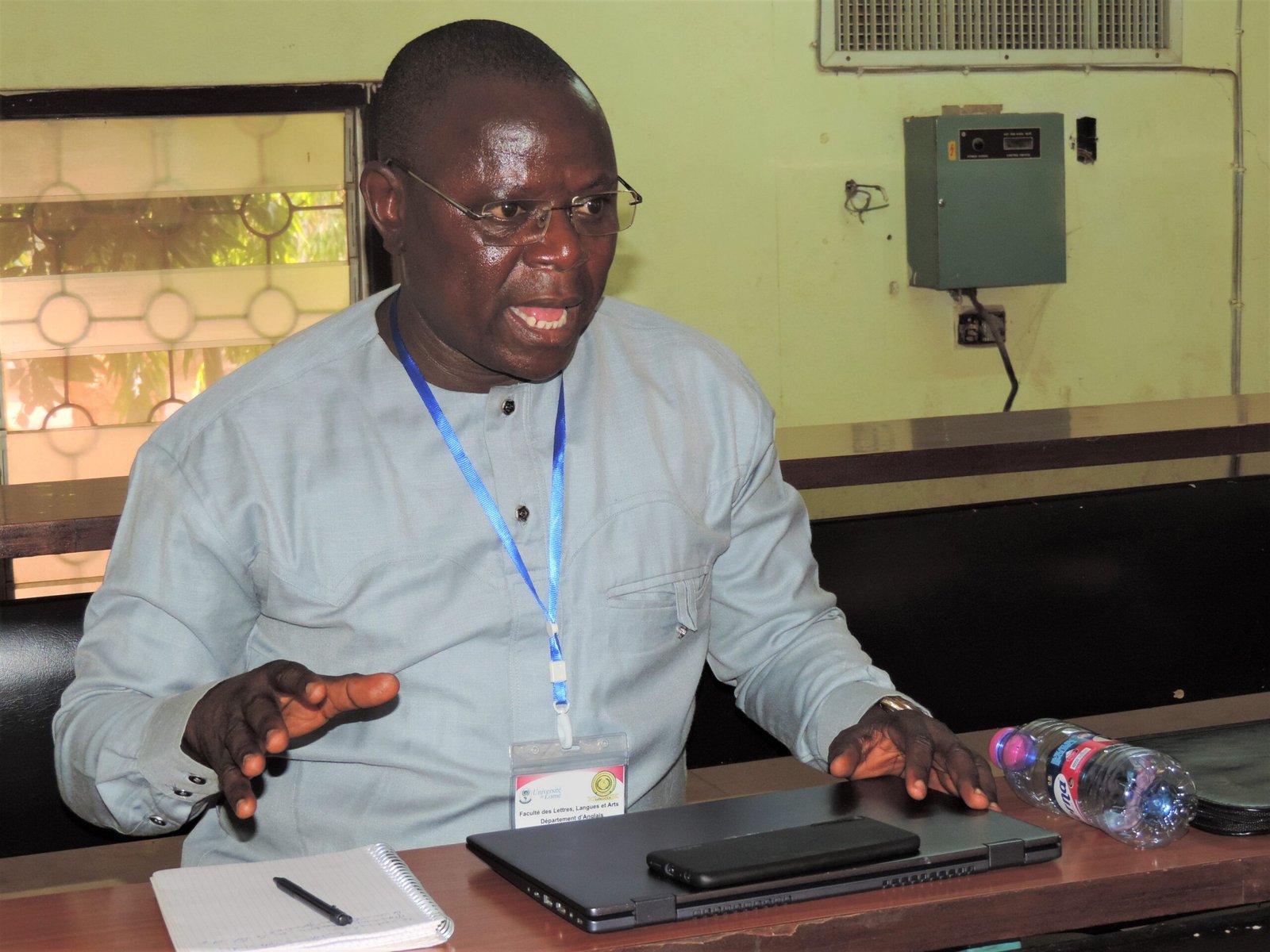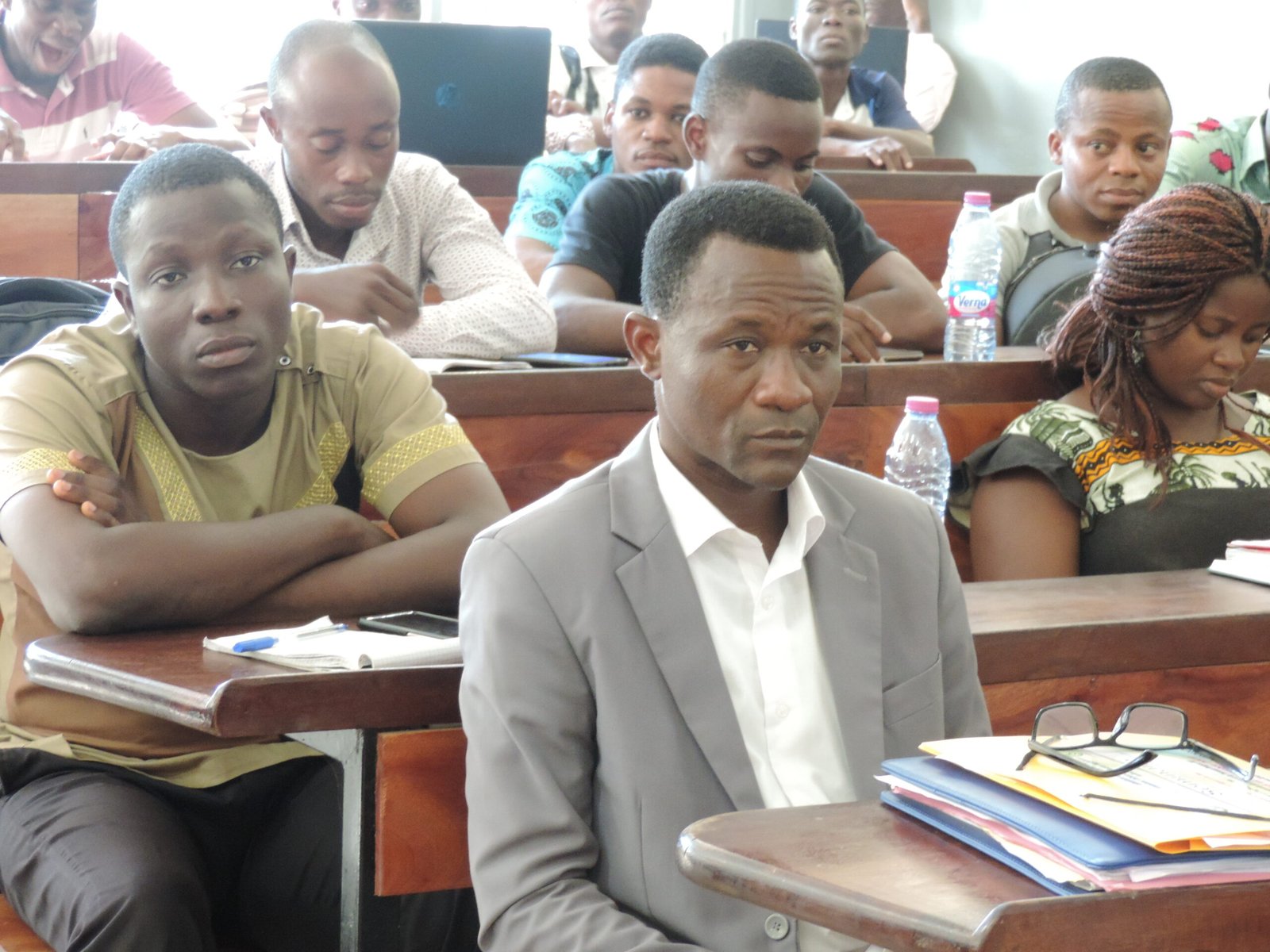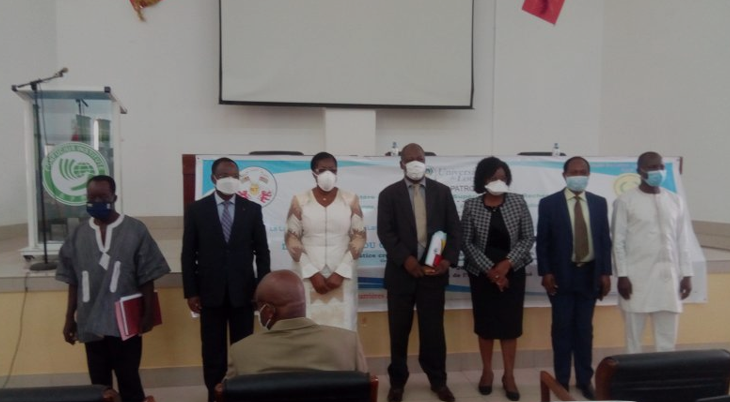
In its second edition in the ‘Literature and Peace’ series, the Laboratory of Research in Languages, Anglophone Literature Culture, and civilization known as LaReLLiCCA is looking for new paradigms for sustainable peace in Africa. Thus, on February 24, 25 and 26, 2021, the international symposium took place under the theme « Creative Justice, Human Rights, and Responsibility as Passes to Peace ». This symposium is placed under the high patronage of the Ministry of Higher Education and the Ministry in charge of Human Rights of Togo.
In the vision of LaReLLiCCA, one of the research structures of the University of Lomé, the question of peace is a major concern when we know that the University of Lomé has devoted a major research axis entitled « the construction of social peace » to this theme of national and international scope. This reality is in line with the National Development Plan (NDP) and axis 1 of the government roadmap of the moment. It is therefore understandable how such a symposium could have the support of the government in the midst of a COVID-19 period marked by the mandatory wearing of masks. It is also important to note the concern of the Association for Sustainable Peace in Africa, which was associated with the event.
This international meeting organized by the Research Laboratory in Anglophone Language, Literature, Culture and Civilization (LaReLLiCCA) of the Université de Lomé (UL) under the theme: Creative Justice, Human Rights and Responsibility in the Service of Peace, was opened by Mrs. Dzifa Gameti, Chief of Staff of the Ministry of Higher Education.
More than a hundred papers will be part of this symposium, which brings together more than two hundred (200) participants from nine (09) countries in Africa and Europe, both face-to-face and online.
The meeting of teacher-researchers and experts from the socio-economic world of Togo and elsewhere is a framework for high-level exchanges that consists of mobilizing and raising awareness among the audience on the seriousness of the various actions that ban and call into question the peace processes in Africa.
The exchanges focused on three (03) themes, including ‘literary justice, responsibility and peace’; ‘language, society, human rights and peace’; and ‘fiction, politics and peace tricks’. In essence, justice is not a turnkey remedy. It is an approach and a result of the converging efforts that humans create through their imagination to instil the strength and vigour of responsibility for an individual and collective evolution from which each individual benefits. In this process, language is the product of society, and human rights reveal the content that language conveys in the process of building social harmony, integration, solidarity for individual and collective stability. Fiction is therefore a montage, a part of politics that tells the individual of his sacred duty to be at the service of the other in the co-construction of peace.
The inaugural conference on « Peace in the African socio-cultural dynamics: creative justice, human rights and social responsibility; launched the work of the symposium, which ends on Friday, February 26, 2021. According to the speaker, Bilakani TONYEME, lecturer and lecturer at the University of Lomé, peace is a social condition desired and sought by all through negotiations and compromises, and is governed mainly by three values: freedom, justice and harmony.
Communications on the partiality of judicial institutions as an obstacle to social peace; the theory of peace of the French colonial administration in Togo 1914-1960; linguistic assets for the promotion of peace, the case of Kabyè; The problem of patriotism are among the different facets of the colloquium’s papers.
